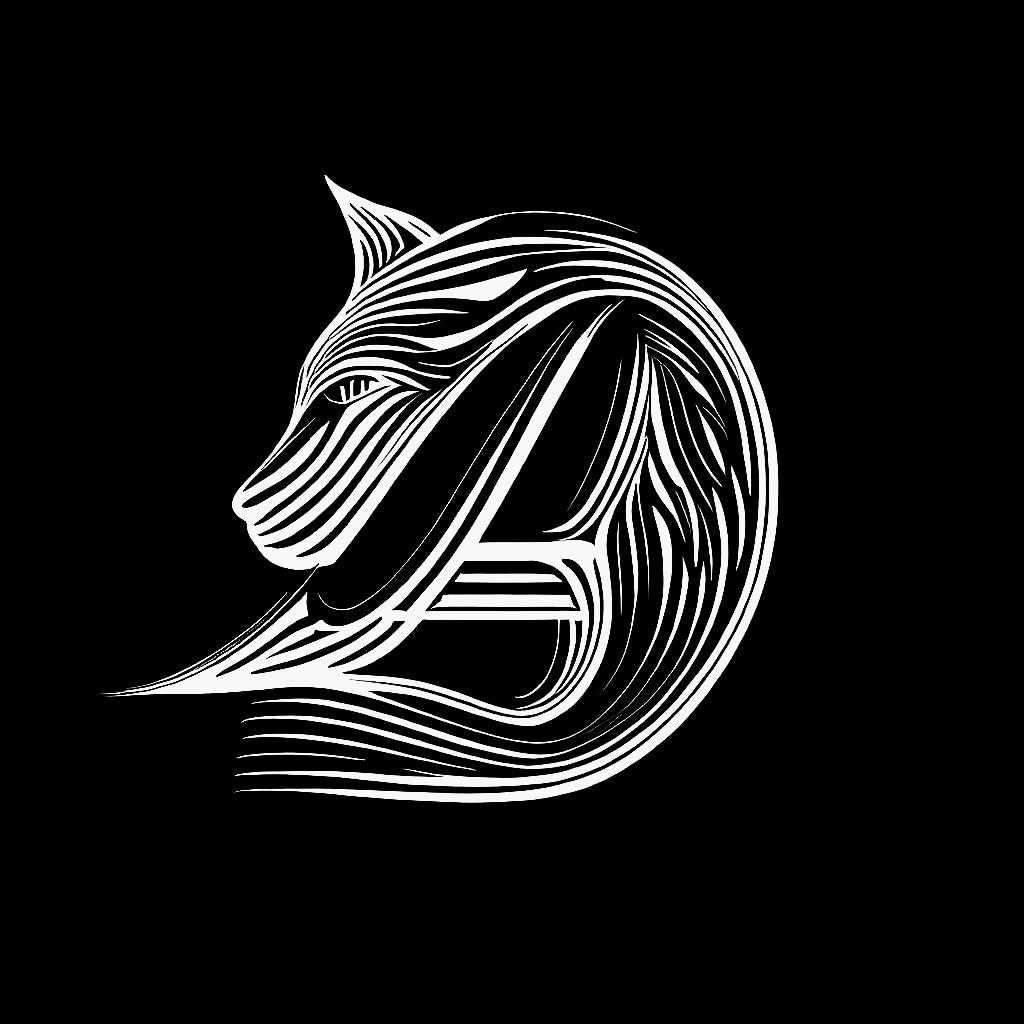Have you ever wondered what makes our furry friends even more amazing? Well, get ready to be astonished, because today we’re diving into a truly fascinating topic: the antibacterial properties of dog saliva! Yes, you heard it right. That delightful slobber that often ends up on your face actually contains some remarkable properties that can fight off bacteria. So, let’s embark on this enchanting journey and explore the intriguing world of our four-legged companions’ saliva!
The Magical Potion within a Lick
Have you ever pondered over the wonders that a simple lick from your dog can bring? It turns out that dog saliva harbors some impressive antibacterial powers! While it might not be a cure-all remedy, studies have shown that certain compounds in their saliva can indeed help to combat bacteria and keep infections at bay.
Pawsome Natural Defense Mechanism
You might be wondering why dogs lick their wounds instinctively. Well, their natural instinct isn’t just a random behavior but rather a smart self-defense mechanism. When a dog licks a wound, their saliva serves as a protective shield against infection. The antibacterial properties found in their saliva can help prevent the growth of harmful bacteria, ensuring a cleaner and faster healing process.
The Heroes behind the Healing
Now that we know dog saliva is brimming with antibacterial wonders, let’s explore the remarkable compounds that make it all possible. Enzymes, such as lysozyme and peroxidase, play a significant role in fighting bacteria. Lysozyme can break down the cell walls of certain bacteria, while peroxidase assists in destroying harmful organisms. These superheroes in saliva help maintain oral health and provide an extra layer of protection against potential infections.
Ancient Wisdom and Modern Science
Believe it or not, the antibacterial properties of dog saliva have been recognized for centuries. In ancient civilizations, dogs were often used to lick wounds as a form of treatment. While the practice may seem unconventional today, modern science has validated the wisdom behind it. Researchers have isolated and studied the active components in canine saliva, shedding light on the efficacy of this age-old remedy.
A Dog’s Microbiome: Balancing Act
Our canine companions have a complex ecosystem of bacteria residing in their mouths. This microbial community, known as the oral microbiome, plays a crucial role in maintaining overall health. While dog saliva contains antibacterial properties, it’s important to note that an imbalance in the oral microbiome can have adverse effects. Regular dental care and a healthy diet are vital in ensuring that our furry friends’ mouths remain a thriving environment for beneficial bacteria.
A Few Words of Caution
While dog saliva can provide some antibacterial benefits, it’s essential to exercise caution and maintain good hygiene practices. Although the antibacterial properties of dog saliva are impressive, it’s crucial to remember that not all bacteria are harmful, and some can even be beneficial. Additionally, certain infections and illnesses can be transmitted through saliva, so it’s important to consult with a veterinarian if you have any concerns regarding your dog’s health.
___
As animal lovers, we’re constantly amazed by the unique qualities our furry friends possess. The antibacterial properties of dog saliva are yet another testament to the marvels of the animal kingdom. While we may not have all the answers about this enchanting topic, we can appreciate the fascinating role that dog saliva plays in their overall health and well-being. So next time your pup gives you an affectionate lick, remember the hidden superpowers behind their slobbery kisses. And let’s continue to cherish and celebrate the extraordinary bond we share with our beloved canine companions, who never cease to amaze us with their incredible abilities.








